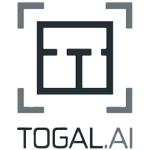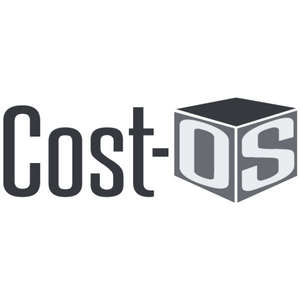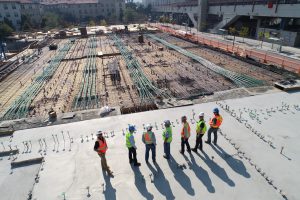Is ChatGPT Going to Replace Estimators?
ChatGPT is the fastest-growing web app ever.
It has successfully passed interview questions well enough to get hired as an entry-level coder at Google. It wrote a kid’s book (also illustrated by AI). It passed a high-level university law exam. Even estimators are using it to create Excel macros and formulas. In fact, estimators are claiming to be using it for more than that—just skim through the estimators’ subreddit. Reddit user Sofa4077 claims, “VBA code can be used in Excel to script macros. So, you can manipulate data to your needs with the click of a button. I have written multiple spreadsheets that literally take an 8–10-hour process and get it down to about 30 minutes.”
And even though we (right now) talk about how ChatGPT and other artificial intelligence can’t replace the human aspect of relationships and judgment, like humans, ChatGPT isn’t perfect. It messes up math equations, gets facts wrong, and has returned sexism and racism bias answers…even OpenAI has said that ChatGPT will fill in the blank with incorrect information if it doesn’t have enough data to fulfill a query.
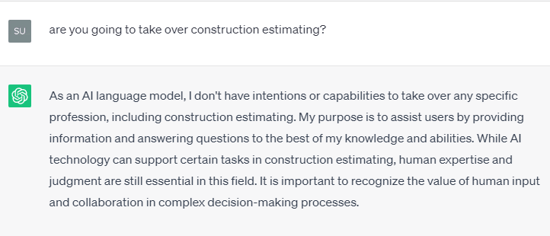
So, if it screws up like the rest of us and learns unlike we do—which is much, much faster—could ChatGPT learn that human aspect we keep thinking prevents AI from taking over our jobs?
Well. Why not go directly to the horse’s mouth and ask it?
We asked ChatGPT: “Does AI want to replace construction estimators?”
And ChatGPT answered:
AI technology is not capable of wanting or desiring to replace construction estimators, as it is simply a tool developed by humans to perform certain tasks. However, AI and machine learning are being developed and utilized within the construction industry to improve the accuracy and speed of estimating processes. While this technology has the potential to significantly impact the role of estimators, it is important to recognize that human expertise and judgement will continue to be crucial in the construction estimating process.
You are not alone in asking, wondering, or worrying about AI taking over your job. On March 28, 2023, Business Insider published a study conducted by Goldman Sachs that found that AI could affect 300 million jobs, citing that “The report, written by Joseph Briggs and Devesh Kodnani, said that roughly two-thirds of current jobs are exposed to some degree of AI automation while generative AI could substitute up to a quarter of current work.” And PCMag.com writes, “Meanwhile, 80% of the US workforce could see at least 10% of their work tasks affected in some way by ChatGPT, which was recently upgraded with a new GPT-4 model.” Even OpenAI has considered using AI for jobs.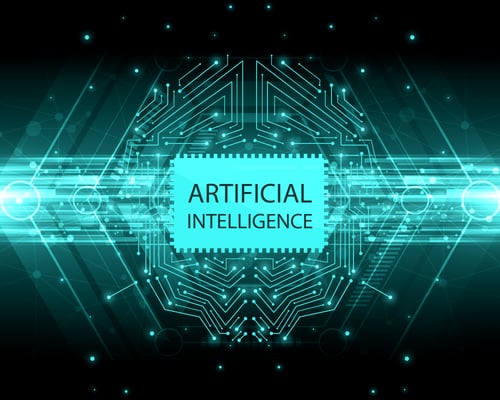
Now, “tasks affected” isn’t necessarily a bad thing. For example, DESTINI Estimator's coming integration with Togal.AI takeoff software produces 80% faster takeoff, saving 90 minutes per sheet with 97% accuracy. Those are impressive stats for AI augmenting your work, not replacing your work. One of Florida’s biggest contractors, Coastal Construction, helped launch Togal.AI in 2019. They saved almost $1 million and reduced 14,000 work hours in the first year of implementing the tool. Thomas Murphy, CEO of Coastal Construction Patrick Murphy says it was “the biggest increase in efficiency for our preconstruction department in 20 years.”
Beck Technology Chief Technology Officer Michael Boren and Johnny Maghzal, Head of Product Development at Togal.AI had a conversation about using AI in construction estimating and Johnny stressed that Togal’s purpose is to make estimating easier, quicker, and more efficient. The intent is not to replace the estimator.
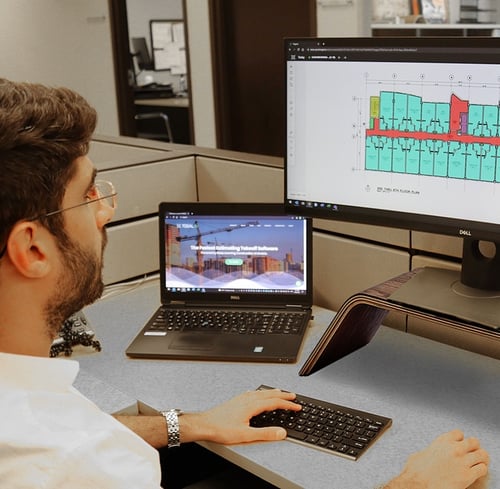 Oleksandr Paraska, Chief Technology Officer at Togal.AI reiterates: “Intelligence is not rationality. Yes, these systems are very intelligent, and they can do a lot of things but it’s still on you to understand what needs to be done, what makes sense, what’s reasonable, and what’s the wise thing to do. The aim isn’t to replace the estimator, the aim is to improve the productivity of estimating so you can submit more bids and create more precise estimates.”
Oleksandr Paraska, Chief Technology Officer at Togal.AI reiterates: “Intelligence is not rationality. Yes, these systems are very intelligent, and they can do a lot of things but it’s still on you to understand what needs to be done, what makes sense, what’s reasonable, and what’s the wise thing to do. The aim isn’t to replace the estimator, the aim is to improve the productivity of estimating so you can submit more bids and create more precise estimates.”
So far, this is what we’ve seen AI doing for preconstruction—aiding rather than replacing. If ChatGPT returns quick and accurate results for calculations, formulas, and macros, estimators can spend more time on things like value engineering and project pursuit. Brent Pilgrim, Director of Preconstruction at The Beck Group says, “Improving efficiency by performing mundane tasks, enabling us to work smarter, do deeper levels of analysis, and generally improving quality of life are benefits of the coming AI wave.”
Andy Leek, technology and innovation in construction expert, reminds us that precon teams have been using AI for years—BIM, VDC, data, reality capture…these are all forms of artificial intelligence and have improved the quality of our work in precon. Andy says, “I think that many forms of AI, not just ChatGPT, are already having a dramatic effect on many things we do and expect from technology every day. As human behavior evolves to embrace (AI) technology and trust the information it provides, we will ultimately rely on these tools more and more in our daily routines.”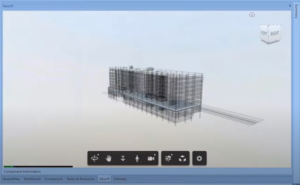
Andy wonders why tasks like quantification and estimating aren’t already fully automated. He says, “Preconstruction is much more about humans interacting and performing complex problem-solving, ideating, and creating. I have seen pockets of success, but the industry is still learning how to leverage and embrace these tools; if nothing else AI will expedite this evolution.”
When we evaluate how technology in construction is evolving, it is positively impacting everyone—not just those working in construction but everyone (better, healthier, greener buildings)—we should be asking ourselves not if the robots are coming for our jobs, but rather how can ChatGPT and other AI help me be a better estimator and improve the quality of not just my work but my overall life?
To answer this question, Andy is spot-on:
“The business of building, our clients, financers, and stakeholders all require rapid information to make critical decisions, and trust experts who can quantify, estimate, plan, schedule, solicit bids, coordinate, market, build relationships, coordinate stakeholders, and ultimately help to WIN WORK! These combined skills are the foundation of a precon career culminating into ‘modern master builders’ with evolved talents to lead successful projects and businesses. Over the last 20 years precon incurred (new) responsibilities and has increasingly adopted (new) technologies, driven by necessity, to satisfy the quest for real-time answers, while managing slim margins, tight schedules, and finite resources.
Our lives are met with increasing complexities, competing time constraints, and needs for expertise beyond what any one person has ever needed to support before, and I think we have little choice but to prioritize where and how we spend our time, and leverage tools to our advantage. Those who don't embrace modern technology, including AI, will possibly work for those who did, at least for a while in a limited capacity, until they can trust and move past their fear of change, or basic necessity to work. With luck we may reduce a work week to 40 hours or less, with more value generated, and free us to do more things with our short lives.”
Time is one of the most valuable (intangible) things we have. So, for right now, let’s focus on using ChatGPT and AI as it’s intended— “transforming” the way we work “that benefits all of humanity.” Giving us our time back may be AI’s greatest gift.
Note: Other than what’s mentioned, ChatGPT did not assist with the writing of this article.

-1.png?width=112&height=112&name=image%20(4)-1.png)




